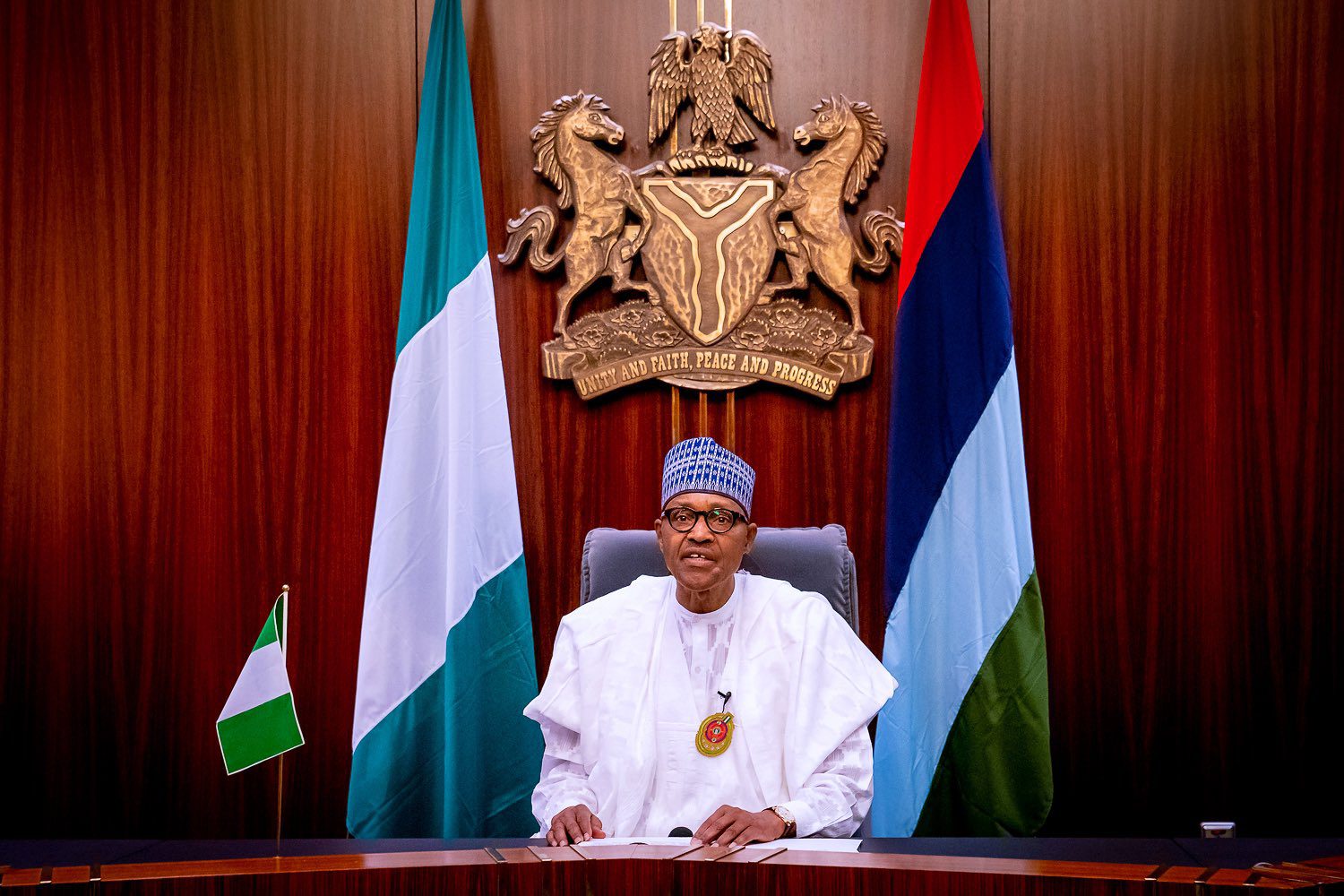
The President of Nigeria, Major General Muhammadu Buhari (retd.), on Tuesday in Abuja said that the country was making meaningful progress in taming insecurity through collaboration across borders.
He also said these successes could be consolidated when other states within and outside the Sahel region cooperated to frustrate the activities of terrorist.
The President lamented that Nigeria was battling its fair share of challenges arising from global insecurity, climate change, COVID-19 aftershocks and the ripple effects of the Russia-Ukraine conflict which “has undermined the progress in tackling food security in the last decade.”
According to a statement signed by his Special Adviser on Media and Publicity, Femi Adesina, Buhari said these when he received Letters of Credence of the Canadian High Commissioner to Nigeria, James Chrisjtoff and Ambassador of Mexico to Nigeria, Juan Oritz, at Presidential Villa, Abuja.
The statement was titled ‘President Buhari calls for more international collaboration to tackle insecurity.’
Buhari said, “The devastating effect of global insecurity, climate change and the post COVID-19 era has devastated global economies. Nations continue to struggle to recover from these multiple global challenges.
“The ongoing war between Russia and Ukraine has undermined the progress countries have achieved in tackling food security in the last decade. While the political instability in Libya continues to fuel terrorism in the Sahel, as well as scuttle democratic sustenance in both West and Central African regions.
“Nigeria is not left out of the equation as we are fighting to rid our country of banditry, kidnapping, herder/farmer crisis and insurgency. We are, however, making meaningful progress with the support of friendly countries like yours to sustain these fights until we overcome these challenges.”
Highlighting the international efforts of his government to restore stability and peace, the President noted that Nigeria had been working with other ECOWAS Member-States and other regional blocs to check terrorism, trans-border crimes, maritime crimes such as piracy and illegal fishing on its waters, illicit drug and human trafficking, banditry, as well as unconstitutional changes of government.
He added that these challenges exceeded the capacity of a single country to effectively contain.
Consequently, the Nigerian leader submitted that “The world must, therefore, work closely together.”
To the diplomats beginning their mission in the country, he said “Nigeria counts on your support in cementing the relations between our countries at both bilateral and multilateral levels to surmount these global threats to civilisation.”
He urged them to monitor political developments in the country leading to the 2023 elections, but remain true to their professional ethics of non-interference.
“As the drums of campaign begin to rise, I urge you to be guided by diplomatic practice to ensure that your activities remain within the limits of your profession as you monitor the build-up to the elections and the conduct of the general elections,” he said.
The President also advised the diplomats to focus on building on the successes of their predecessors.
“The task before you require you both to build on the successes of your predecessors and further make efforts in the expansion and advancement of the cordial bilateral relations and cooperation between Nigeria and your respective countries,’’ he noted.
In his remarks, on behalf of the ambassadors, the Canadian High Commissioner thanked the President for the ceremony of accepting the Letters of Credence.
Christoff said, “Today marks the formal beginning of our engagement with the government of the Federal Republic of Nigeria. We will work closely with ministers and officials to start a progressive relationship.”


















